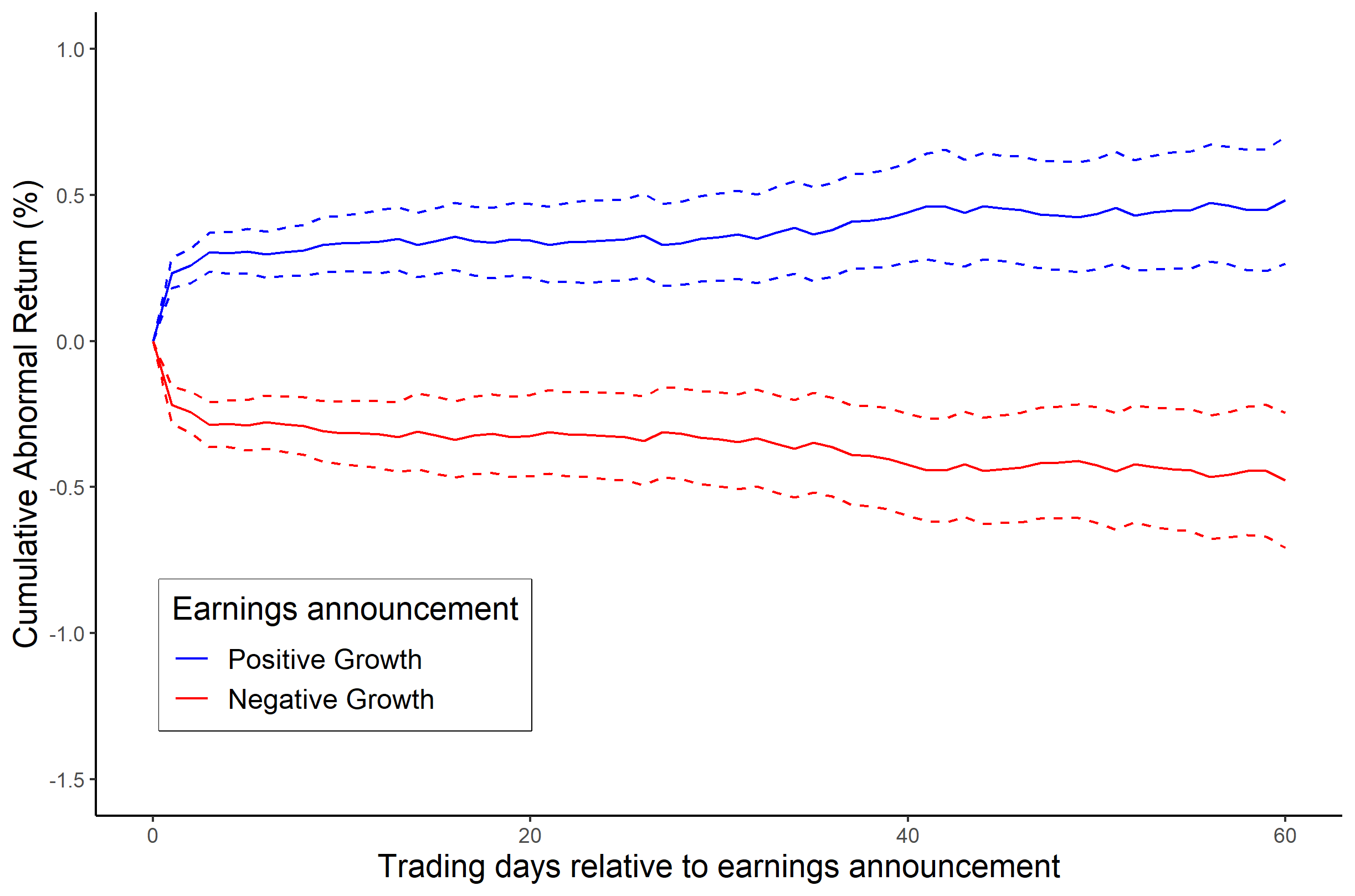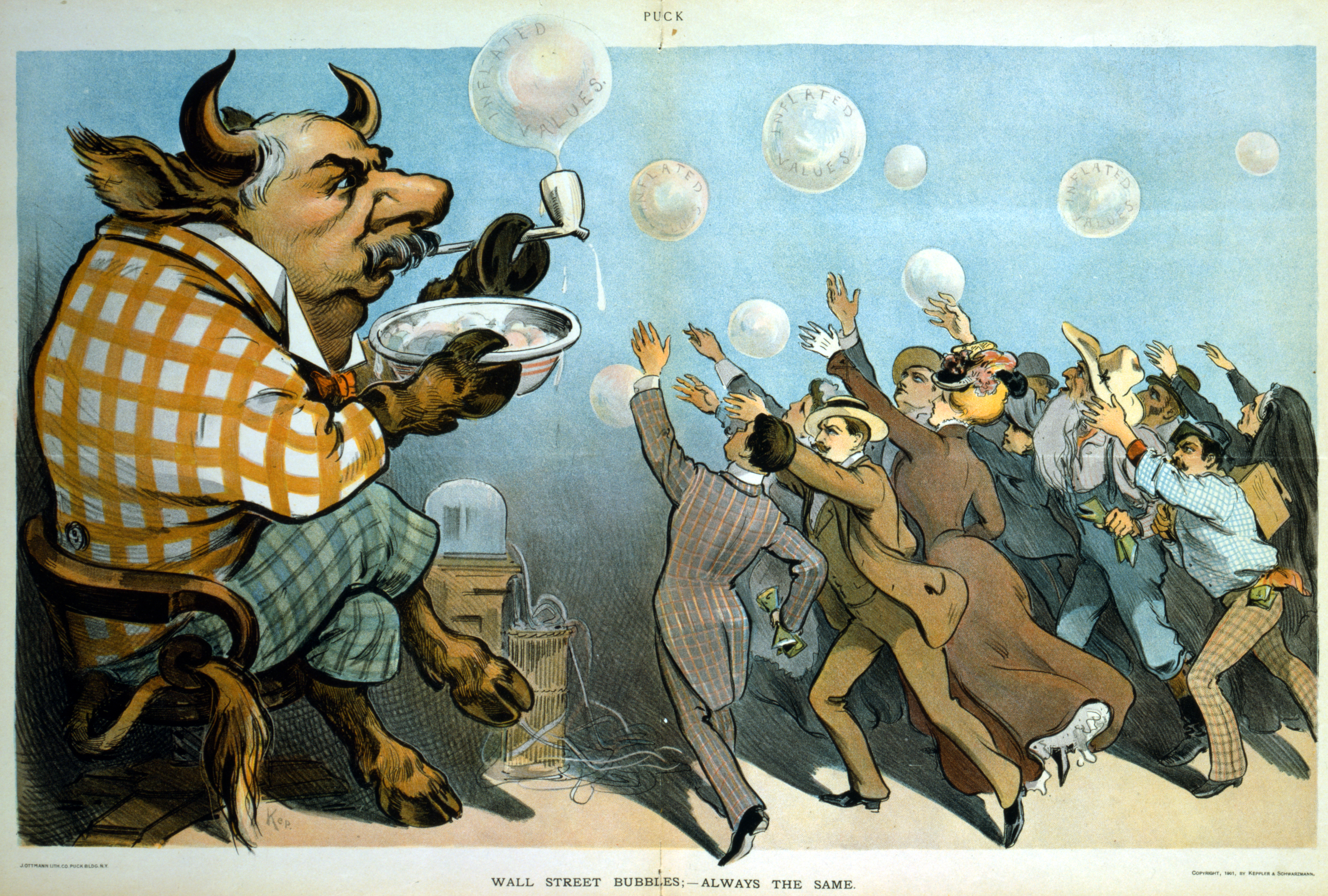|
Adaptive Investment Approach
The concept of Adaptive Investment Approach (AIA), first proposed by Ma (2010, 2013, 2015), is the name given to the investment strategies that under which investors can constantly adjust their investments to reflect market conditions such as the volatility of investments, the return or the current condition of the market (Bull or Bear). The purpose of the approach is to achieve positive returns regardless of the timing in the investing environment. The AIA is a product of the theory of adaptive market hypothesis (AMH) proposed by Lo (2004, 2005, 2012). In contrast to efficient-market hypothesis (EMH), AMH regards markets as a constantly adaptive process from which the market is moving from inefficiency to efficiency, thus allowing developments in economies and behavioral finance factors to be accounted for in driving market returns. The two deep bear markets in the first decade of the 21st century challenged the conventional wisdom such as Efficient Market Hypothesis or Modern Por ... [...More Info...] [...Related Items...] OR: [Wikipedia] [Google] [Baidu] |
Adaptive Market Hypothesis
The adaptive market hypothesis, as proposed by Andrew Lo,Lo, 2004. is an attempt to reconcile economic theories based on the efficient market hypothesis (which implies that markets are efficient) with behavioral economics, by applying the principles of evolution to financial interactions: competition, adaptation, and natural selection. This view is part of a larger school of thought known as Evolutionary Economics. Under this approach, the traditional models of modern financial economics can coexist with behavioral models. This suggests that investors are capable of an optimal dynamic allocation. Lo argues that much of what behaviorists cite as counterexamples to economic rationality—loss aversion, overconfidence, overreaction, and other behavioral biases—are consistent with an evolutionary model of individuals adapting to a changing environment using simple heuristics. Even fear and greed, which are viewed as the usual culprits in the failure of rational thinking by the ... [...More Info...] [...Related Items...] OR: [Wikipedia] [Google] [Baidu] |
Efficient-market Hypothesis
The efficient-market hypothesis (EMH) is a hypothesis in financial economics that states that asset prices reflect all available information. A direct implication is that it is impossible to "beat the market" consistently on a risk-adjusted basis since market prices should only react to new information. Because the EMH is formulated in terms of risk adjustment, it only makes testable predictions when coupled with a particular model of risk. As a result, research in financial economics since at least the 1990s has focused on market anomalies, that is, deviations from specific models of risk. The idea that financial market returns are difficult to predict goes back to Bachelier, Mandelbrot, and Samuelson, but is closely associated with Eugene Fama, in part due to his influential 1970 review of the theoretical and empirical research. The EMH provides the basic logic for modern risk-based theories of asset prices, and frameworks such as consumption-based asset pricing and int ... [...More Info...] [...Related Items...] OR: [Wikipedia] [Google] [Baidu] |
Adaptive Market Hypothesis
The adaptive market hypothesis, as proposed by Andrew Lo,Lo, 2004. is an attempt to reconcile economic theories based on the efficient market hypothesis (which implies that markets are efficient) with behavioral economics, by applying the principles of evolution to financial interactions: competition, adaptation, and natural selection. This view is part of a larger school of thought known as Evolutionary Economics. Under this approach, the traditional models of modern financial economics can coexist with behavioral models. This suggests that investors are capable of an optimal dynamic allocation. Lo argues that much of what behaviorists cite as counterexamples to economic rationality—loss aversion, overconfidence, overreaction, and other behavioral biases—are consistent with an evolutionary model of individuals adapting to a changing environment using simple heuristics. Even fear and greed, which are viewed as the usual culprits in the failure of rational thinking by the ... [...More Info...] [...Related Items...] OR: [Wikipedia] [Google] [Baidu] |
Efficiency (economics)
In microeconomics, economic efficiency, depending on the context, is usually one of the following two related concepts: * Allocative or Pareto efficiency: any changes made to assist one person would harm another. * Productive efficiency: no additional output of one good can be obtained without decreasing the output of another good, and production proceeds at the lowest possible average total cost. These definitions are not equivalent: a market or other economic system may be allocatively but not productively efficient, or productively but not allocatively efficient. There are also other definitions and measures. All characterizations of economic efficiency are encompassed by the more general engineering concept that a system is efficient or optimal when it maximizes desired outputs (such as utility) given available inputs. Standards of thought There are two main standards of thought on economic efficiency, which respectively emphasize the distortions created by ''govern ... [...More Info...] [...Related Items...] OR: [Wikipedia] [Google] [Baidu] |
Bear Markets
A market trend is a perceived tendency of the financial markets to move in a particular direction over time. Analysts classify these trends as ''secular'' for long time-frames, ''primary'' for medium time-frames, and ''secondary'' for short time-frames. Traders attempt to identify market trends using technical analysis, a framework which characterizes market trends as predictable price tendencies within the market when price reaches support and resistance levels, varying over time. A future market trend can only be determined in hindsight, since at any time prices in the future are not known. This fact makes market timing inherently a game of educated guessing rather than a certainty. Past trends are identified by drawing lines, known as trendlines, that connect price action making higher highs and higher lows for an uptrend, or lower lows and lower highs for a downtrend. Market terminology The terms "bull market" and "bear market" describe upward and downward market trends ... [...More Info...] [...Related Items...] OR: [Wikipedia] [Google] [Baidu] |
Conventional Wisdom
The conventional wisdom or received opinion is the body of ideas or explanations generally accepted by the public and/or by experts in a field. History The term "conventional wisdom" dates back to at least 1838, as a synonym for "commonplace knowledge". It was used in a number of works, occasionally in a benign''E.g.,'1 Nahum Capen, ''The History of Democracy'' (1874), page 477("millions of all classes alike are equally interested and protected by the practical judgment and conventional wisdom of ages"). or neutral''E.g.,'"Shallow Theorists", ''American Educational Monthly'' 383 (Oct. 1866)("What is the result? Just what conventional wisdom assumes it would be."). sense, but more often pejoratively.''E.g.,'Joseph Warren Beach, ''The Technique of Thomas Hardy'' (1922), page 152("He has not the colorless monotony of the business man who follows sure ways to success, who has conformed to every rule of conventional wisdom, and made himself as featureless as a potato field, as tame as ... [...More Info...] [...Related Items...] OR: [Wikipedia] [Google] [Baidu] |
Efficient Market Hypothesis
The efficient-market hypothesis (EMH) is a hypothesis in financial economics that states that asset prices reflect all available information. A direct implication is that it is impossible to "beat the market" consistently on a risk-adjusted basis since market prices should only react to new information. Because the EMH is formulated in terms of risk adjustment, it only makes testable predictions when coupled with a particular model of risk. As a result, research in financial economics since at least the 1990s has focused on market anomalies, that is, deviations from specific models of risk. The idea that financial market returns are difficult to predict goes back to Bachelier, Mandelbrot, and Samuelson, but is closely associated with Eugene Fama, in part due to his influential 1970 review of the theoretical and empirical research. The EMH provides the basic logic for modern risk-based theories of asset prices, and frameworks such as consumption-based asset pricing and int ... [...More Info...] [...Related Items...] OR: [Wikipedia] [Google] [Baidu] |
Modern Portfolio Theory
Modern portfolio theory (MPT), or mean-variance analysis, is a mathematical framework for assembling a portfolio of assets such that the expected return is maximized for a given level of risk. It is a formalization and extension of Diversification (finance), diversification in investing, the idea that owning different kinds of financial assets is less risky than owning only one type. Its key insight is that an asset's risk and return should not be assessed by itself, but by how it contributes to a portfolio's overall risk and return. The variance of return (or its transformation, the standard deviation) is used as a measure of risk, because it is tractable when assets are combined into portfolios. Often, the historical variance and covariance of returns is used as a proxy for the forward-looking versions of these quantities, but other, more sophisticated methods are available. Economist Harry Markowitz introduced MPT in a 1952 paper, for which he was later awarded a Nobel Memorial ... [...More Info...] [...Related Items...] OR: [Wikipedia] [Google] [Baidu] |
Bull Market
A market trend is a perceived tendency of the financial markets to move in a particular direction over time. Analysts classify these trends as ''secular'' for long time-frames, ''primary'' for medium time-frames, and ''secondary'' for short time-frames. Traders attempt to identify market trends using technical analysis, a framework which characterizes market trends as predictable price tendencies within the market when price reaches support and resistance levels, varying over time. A future market trend can only be determined in hindsight, since at any time prices in the future are not known. This fact makes market timing inherently a game of educated guessing rather than a certainty. Past trends are identified by drawing lines, known as trendlines, that connect price action making higher highs and higher lows for an uptrend, or lower lows and lower highs for a downtrend. Market terminology The terms "bull market" and "bear market" describe upward and downward market tr ... [...More Info...] [...Related Items...] OR: [Wikipedia] [Google] [Baidu] |
Drawdown (economics)
The drawdown is the measure of the decline from a historical peak in some variable (typically the cumulative profit or total open equity of a financial trading strategy). Somewhat more formally, if X(t), \; t \ge 0 is a stochastic process with X(0) = 0, the drawdown at time T, denoted D(T), is defined as: D(T) = \max_X(t)-X(T) The average drawdown (AvDD) up to time T is the time average of drawdowns that have occurred up to time T:\operatorname(T) = \int_0^T D(t) \, dtThe maximum drawdown (MDD) up to time T is the maximum of the drawdown over the history of the variable. More formally, the MDD is defined as: \operatorname(T)=\max_D(\tau)=\max_\left max_ X(t)- X(\tau) \right/math> Pseudocode The following pseudocode computes the Drawdown ("DD") and Max Drawdown ("MDD") of the variable "NAV", the Net Asset Value of an investment. Drawdown and Max Drawdown are calculated as percentages: MDD = 0 peak = -99999 for i = 1 to N step 1 do # peak will be the maximum value seen so fa ... [...More Info...] [...Related Items...] OR: [Wikipedia] [Google] [Baidu] |
Efficient-market Hypothesis
The efficient-market hypothesis (EMH) is a hypothesis in financial economics that states that asset prices reflect all available information. A direct implication is that it is impossible to "beat the market" consistently on a risk-adjusted basis since market prices should only react to new information. Because the EMH is formulated in terms of risk adjustment, it only makes testable predictions when coupled with a particular model of risk. As a result, research in financial economics since at least the 1990s has focused on market anomalies, that is, deviations from specific models of risk. The idea that financial market returns are difficult to predict goes back to Bachelier, Mandelbrot, and Samuelson, but is closely associated with Eugene Fama, in part due to his influential 1970 review of the theoretical and empirical research. The EMH provides the basic logic for modern risk-based theories of asset prices, and frameworks such as consumption-based asset pricing and int ... [...More Info...] [...Related Items...] OR: [Wikipedia] [Google] [Baidu] |



